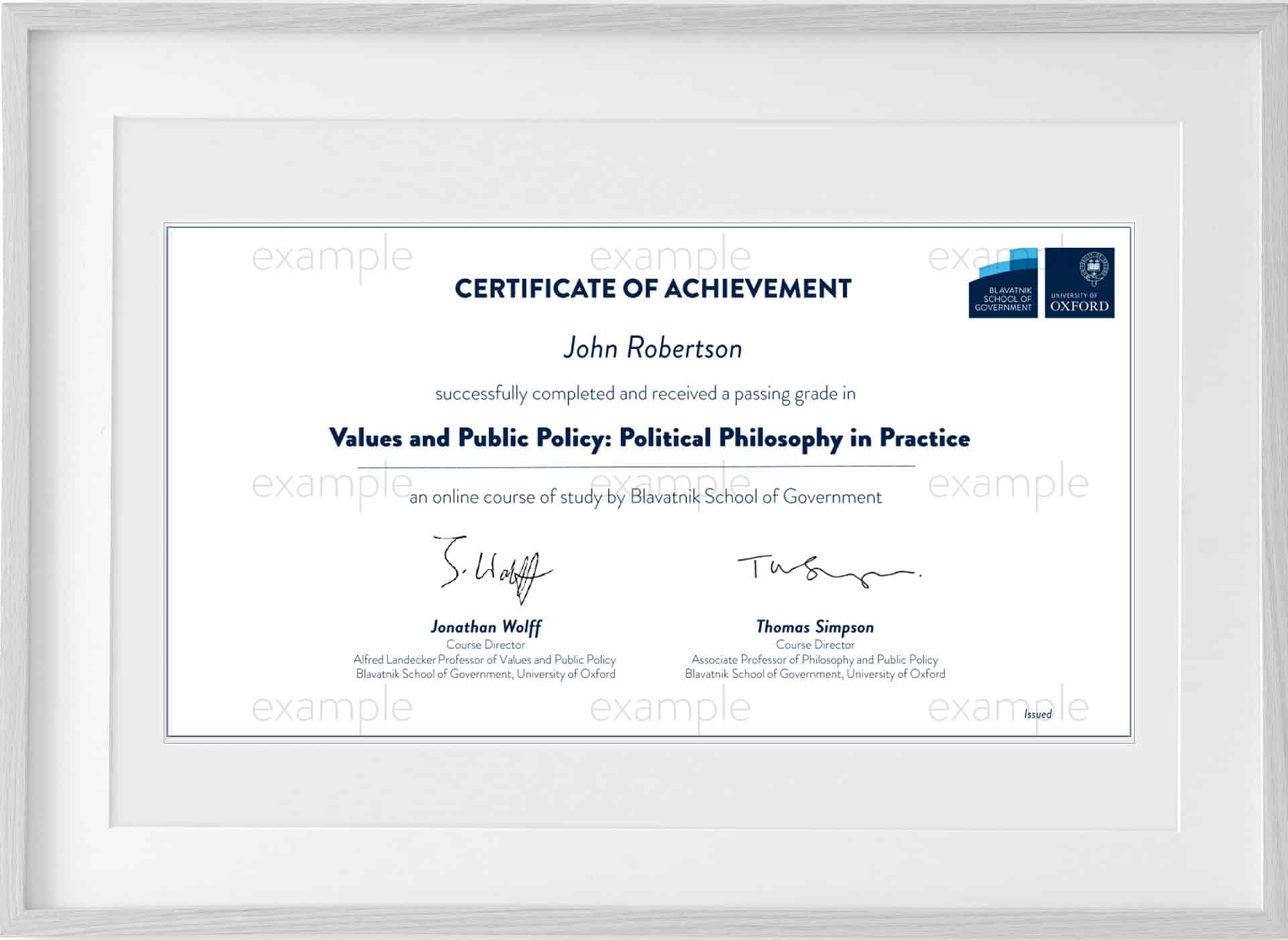During this distance learning programme, you will have the opportunity to attend live sessions with your Facilitator and fellow students. All sessions are optional. If you cannot attend, you will have full access to recordings after each one.
Week three: live Facilitator discussion session
In this short activity, you will be asked to think about whether or not you agree with Nozick’s view that taxation is ‘on a par’ with forced labour.
Week five: live case study session with Facilitator
In this session, you will be presented with a case study on flag burning in Germany.
You will be asked to read through the case study and take some time to focus on the study questions presented at the end.
Week seven: live Q&A session with Facilitator
At this stage of the course, you may find that you have some content-related questions that you would like to pursue at greater length or in further depth with the Facilitator.
You have the opportunity in this session to discuss these questions and thoughts with them.






